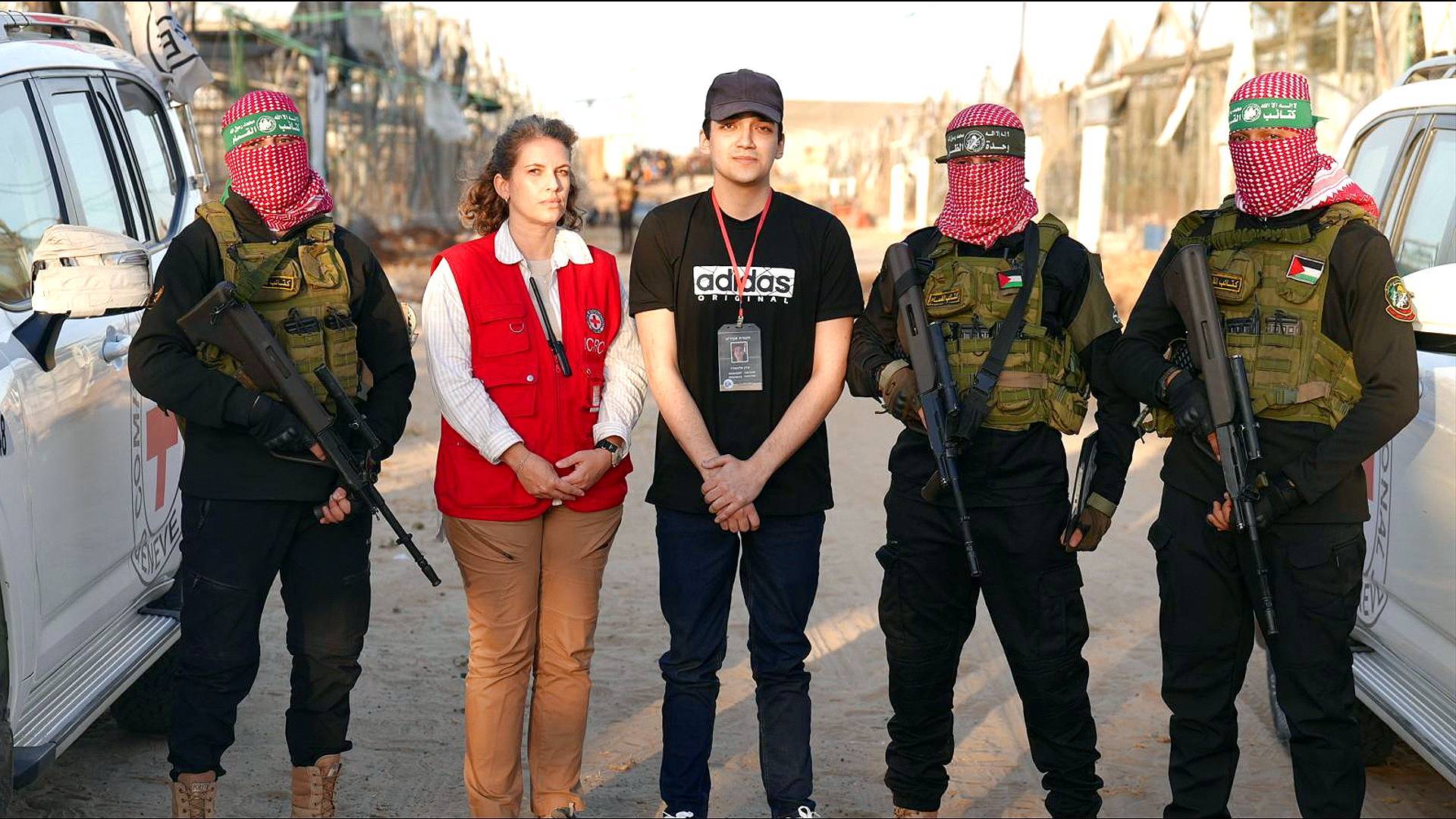Analysis: Korea’s private equity firm MBK Partners faces growing troubles

May 13 (UPI) — South Korean prosecutors raided the country’s two rating agencies Monday to investigate suspicions surrounding the bond issuance of Home Plus, the troubled discount chain.
Home Plus is accused of selling a large volume of short-term bonds just before its credit ratings dropped on Feb. 28. The prosecution is checking whether Home Plus had prior knowledge of the credit downgrade.
If so, Home Plus, which filed for corporate rehabilitation on March 4, could face legal consequences, along with its owner MBK Partners, one of Asia’s largest private equity funds.
Since the financial obligations of Home Plus were frozen as of March 4, issuing bonds while planning the court-led rehabilitation filing could constitute fraud against investors, according to observers.
Home Plus has denied the allegations as its CEO Joh Ju-yeon stated during a parliamentary hearing in March.
“We only held an emergency meeting with executives (about the rehabilitation filing) after the credit rating cut,” he said.
However, Financial Supervisory Service Gov. Lee Bok-hyun rejected this. The organization is the country’s financial regulator.
“We have secured concrete evidence that MBK Partners and Home Plus were aware of the downgrade in advance, and they had been planning to file for rehabilitation for quite some time,” he told a press conference late last month. “The case has been formally referred to prosecutors.”
Days after Lee’s statement, the Seoul Central District Prosecutors’ Office carried out a search and seizure at the head office of Home Plus in western Seoul.
Adding to MBK’s troubles, the National Tax Service (NTS) started a tax audit of the corporation in early March. MBK claims that it’s a routine audit conducted every five years. But a non-regular inspection unit is reportedly in charge of the case.
In late March, the Fair Trade Commission reportedly launched an investigation into MBK, Home Plus and Lotte Card over alleged unfair internal transactions.
Lotte Card is suspected of providing preferential corporate card terms and credit limits to Home Plus. MBK is also the largest shareholder of the credit card company.
Asia’s top-tier private equity fund
Founded in 2005 by Chairman Michael Byungju Kim, who worked at Goldman Sachs and the Carlyle Group, MBK Partners quickly became a powerhouse in Northeast Asia.
The company has dealt with many landmark transactions such as Universal Studios Japan in 2009, ING’s South Korean unit in 2013 and Godiva Chocolatier’s Asia-Pacific operations in 2019.
MBK has succeeded with control-oriented buyouts in stable and defensive sectors. It currently manages up to $30 billion in assets to rank among the top players in Asia.
As the firm grew, so did Chairman Kim’s personal fortune. In the 2025 Forbes billionaire list, he was top among South Koreans with $9.5 billion in wealth, surpassing Samsung tycoon Lee Jae-yong with $8.2 billion.
Riding the momentum, MBK made a big bet on Home Plus in 2015 by spending around $5.1 billion to purchase the supermarket chain from Tesco.
MBK financed the deal with $1.6 billion in equity and the remaining $3.5 billion in loans, which marked the largest leveraged buyout in Asia. At the time, Home Plus was South Korea’s No. 2 discount chain with around 140 hypermarkets and 700 smaller stores nationwide.
However, rising online competition and the Corona virus pandemic dealt a blow to the business. Home Plus posted four consecutive years of losses since 2021, with its debt ratio nearing 500% this January.
Critics argue that MBK Partners relied excessively on debt and focused on short-term returns over long-term value.
“MBK has been under fire for lacking management expertise,” Lee Phil-sang, an adviser at Aju Research Institute of Corporate Management, told UPI.
“Private equity funds in other countries also follow similar practices. We cannot legally ban them. However, they should be more cautious because their large-scale failures like this can hurt the broader economy,” said Lee, who previously worked as an economics professor at Seoul National University.
The Home Plus crisis is expected to negatively affect MBK’s multi-billion-dollar attempt to snap up Korea Zinc, the world’s largest zinc smelter. MBK is pursuing the takeover in partnership with Korea Zinc’s top shareholder Young Poong.
“While MBK has suffered from setbacks in other merger and acquisition deals, none were as large as Home Plus,” Seoul-based consultancy Leaders Index CEO Park Ju-gun said in a phone interview.
“This crisis is highly likely to damage MBK’s reputation and hinder its bid for Korea Zinc,” he projected.
Comments from MBK were not available.

